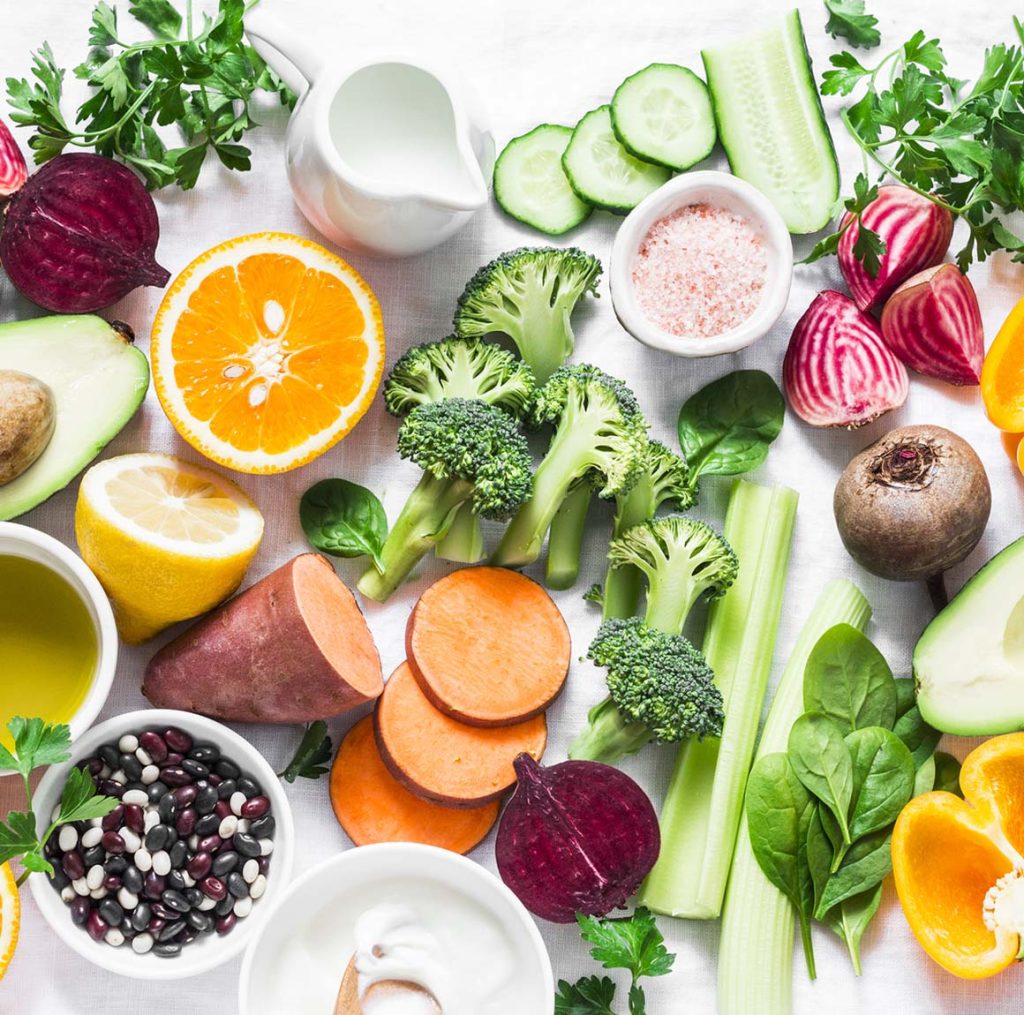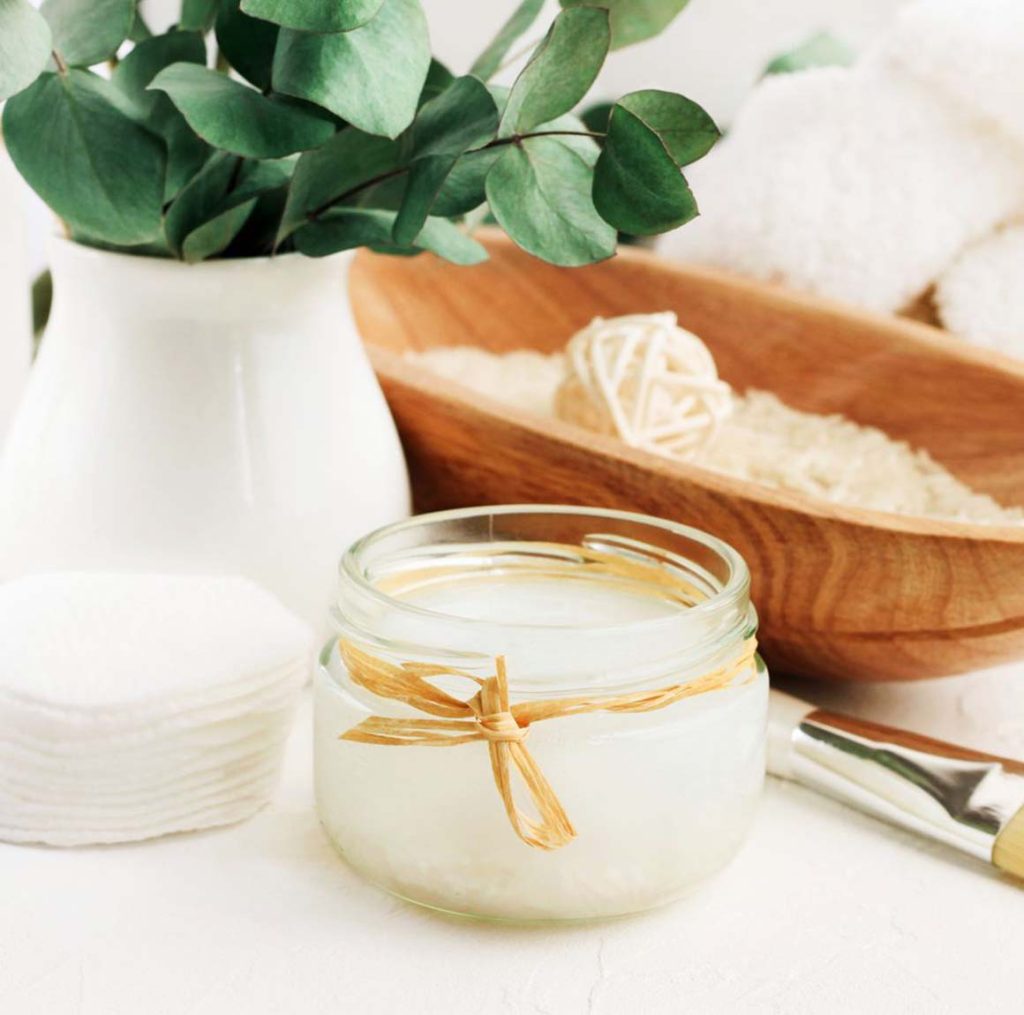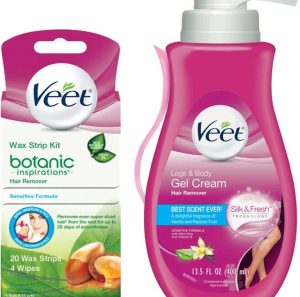In the dynamic realm of skincare trends, TikTok has become a hotspot for discovering innovative beauty hacks, and one particularly making waves is the use of rice water for achieving instant glass skin. Rooted in centuries-old beauty practices, this age-old secret has found a contemporary platform for its resurgence. In this detailed exploration, we’ll immerse ourselves in the world of rice water, exploring its historical significance, scrutinizing its touted benefits for the skin, addressing potential side effects, and providing an exhaustive guide on seamlessly integrating it into your skincare routine.
What Is Rice Water?
A Time-Honored Beauty Elixir
Rice water, the residual liquid obtained after rinsing or soaking rice, has been a staple in traditional Asian skincare for centuries. Cultures in Japan, China, and Korea have passed down the practice of using rice water to enhance skin health and appearance through generations.
Components of Rice Water:
- Starch: Imparts a silky texture.
- Amino Acids: Supports skin health and elasticity.
- Vitamins B and E: Contributes to a radiant complexion.
- Minerals: Provides essential nourishment.
Benefits of Rice Water for Skin
1. Brightening and Even Skin Tone
Rice water is renowned for promoting a brighter and more even skin tone. Its rich vitamin and mineral content, coupled with mild exfoliating properties, work synergistically to achieve a youthful radiance.
2. Hydration Boost
The hydrating prowess of rice water makes it an invaluable addition to skincare routines, especially for individuals grappling with dry or dehydrated skin. Its ability to lock in moisture leaves the skin supple and well-nourished.
3. Anti-Aging Properties
Packed with antioxidants, rice water combats free radicals that contribute to premature aging. Regular use may diminish the appearance of fine lines and wrinkles, fostering a smoother complexion.
4. Soothing Irritated Skin
The anti-inflammatory properties of rice water make it a soothing remedy for irritated or sensitive skin. It can alleviate redness and discomfort, providing relief for those with skin conditions like eczema or dermatitis.
5. Oil Control
For individuals grappling with oily or combination skin, the astringent properties of rice water can aid in controlling excess oil production. This, in turn, may lead to a more balanced complexion and a reduction in acne or breakouts.

Potential Side Effects
1. Allergic Reactions
While generally well-tolerated, individuals with rice allergies may experience adverse reactions. A patch test is crucial before incorporating it into your routine to mitigate potential allergic responses.
2. Over-Exfoliation
While rice water’s mild exfoliating properties can be beneficial, excessive use may lead to over-exfoliation. This can compromise the skin barrier and result in redness, sensitivity, or peeling. Moderation is key.
3. Contamination Risks
Improper preparation and storage of rice water may pose risks of bacterial or fungal contamination. Adhering to proper hygiene practices is essential to mitigate these potential issues.
How to Use It
1. Basic Rice Water Toner
Ingredients:
- 1/2 cup of uncooked rice
- 1 cup of water
Instructions:
- Rinse the rice: Thoroughly wash the uncooked rice to remove impurities.
- Soak the rice: Place the rinsed rice in a bowl and add water. Let it soak for 15–30 minutes.
- Strain the rice: Separate the rice from the water, creating a rice water toner.
- Transfer to a bottle: Pour the rice water into a clean bottle for easy application.
- Application: Apply the rice water toner to cleansed skin using a cotton pad or by gently patting it onto the face.
2. Rice Water Face Mask
Ingredients:
- 2 tablespoons of rice flour
- 3 tablespoons of rice water
Instructions:
- Mix ingredients: Combine the rice flour and rice water to form a paste.
- Application: Apply the paste evenly to the face, avoiding the eye area.
- Leave on: Allow the mask to dry for 15–20 minutes.
- Rinse off: Gently rinse the mask off with lukewarm water.
- Moisturize: Follow up with a hydrating moisturizer to lock in moisture.

3. Rice Water and Green Tea Soothing Toner
Ingredients:
- 1/2 cup of rice water
- 1/4 cup of brewed green tea (cooled)
Instructions:
- Mix ingredients: Combine the rice water and cooled green tea.
- Transfer to a bottle: Pour the mixture into a clean bottle for convenience.
- Application: Use a cotton pad to apply the toner to your face.
- Store: Store the toner in the refrigerator for a refreshing sensation.
4. Rice Water and Aloe Vera Gel Moisturizer
Ingredients:
- 1/2 cup of rice water
- 2 tablespoons of aloe vera gel
Instructions:
- Mix ingredients: Blend the rice water and aloe vera gel until well combined.
- Application: Apply the moisturizer to your face, focusing on dry areas.
- Massage in: Gently massage the moisturizer into the skin using circular motions.
- Use regularly: Incorporate into your daily skincare routine for optimal results.
The resurgence of rice water as TikTok’s shortcut to instant glass skin isn’t merely a fleeting trend; it’s deeply rooted in the historical skincare practices of diverse cultures. While its benefits are celebrated by many, it’s essential to approach any new skincare routine with caution, especially for those with sensitive skin or allergies. Whether used as a toner, face mask, or moisturizer, the key to success lies in consistency and moderation. Experimenting with this time-tested beauty elixir may just unveil the secret to achieving that coveted glass skin glow. As you embark on your rice water skincare journey, remember that skincare is a personal experience, and what works for one may not work for another. Always listen to your skin’s needs and consult with a dermatologist if you have any concerns.












+ There are no comments
Add yours